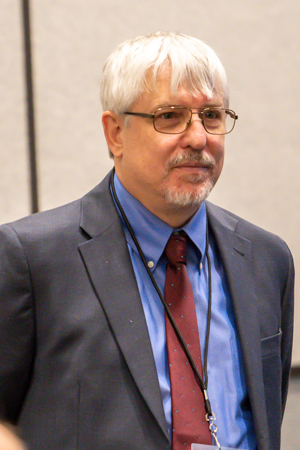
Curtis Hutt, PhD
- Professor of Religious Studies
- 402.554.2628
Additional Information
Background
Curtis Hutt teaches Judaic Studies at UNO. He received his Ph.D. in Religion and Critical Thought from Brown University where he wrote his dissertation on religion and the ethics of historical belief. He has two additional graduate degrees in Philosophy and History. In December 2017, Hutt became the Founding Executive Director of the Goldstein Center for Human Rights. Hutt has published four books and over a dozen academic essays. Since coming to UNO, he has organized several international conferences and symposia. Most of his present research is related to the comparative study of renewalist groups with a special focus on the history of Jerusalem.
Additional Information
Background
Curtis Hutt teaches Judaic Studies at UNO. He received his Ph.D. in Religion and Critical Thought from Brown University where he wrote his dissertation on religion and the ethics of historical belief. He has two additional graduate degrees in Philosophy and History. In December 2017, Hutt became the Founding Executive Director of the Goldstein Center for Human Rights. Hutt has published four books and over a dozen academic essays. Since coming to UNO, he has organized several international conferences and symposia. Most of his present research is related to the comparative study of renewalist groups with a special focus on the history of Jerusalem.